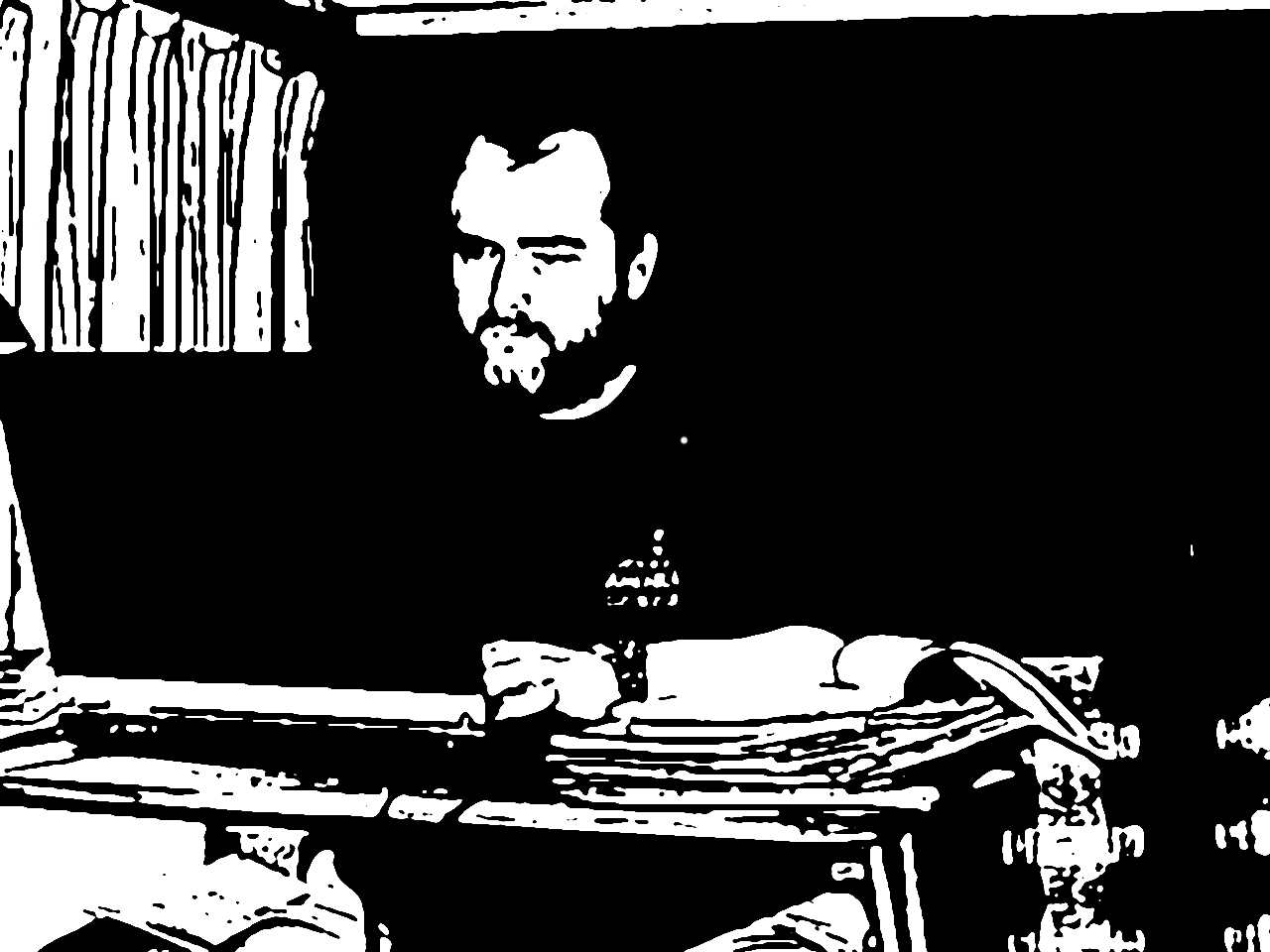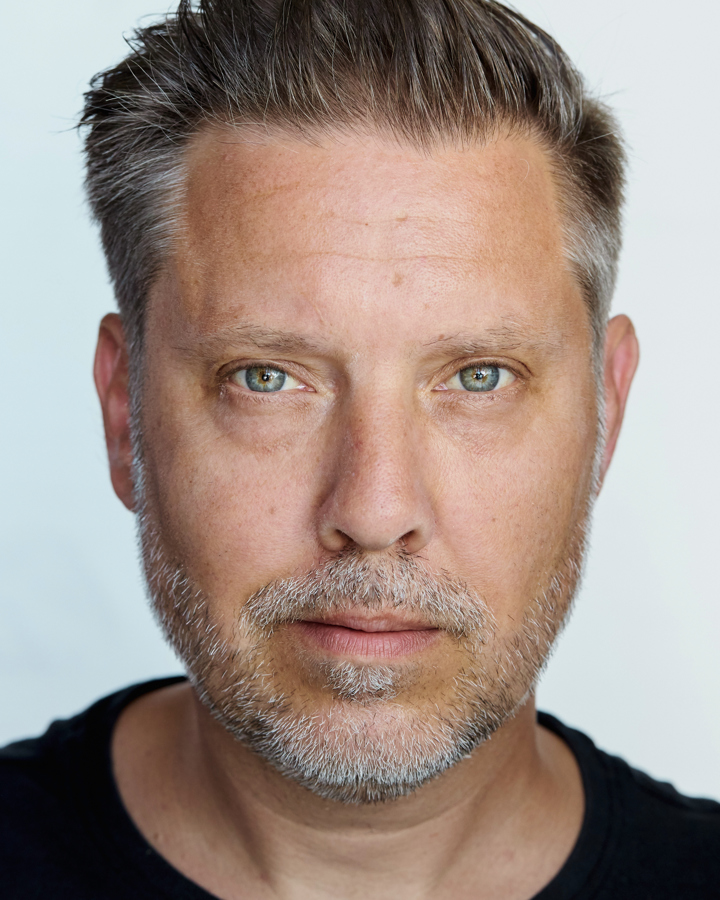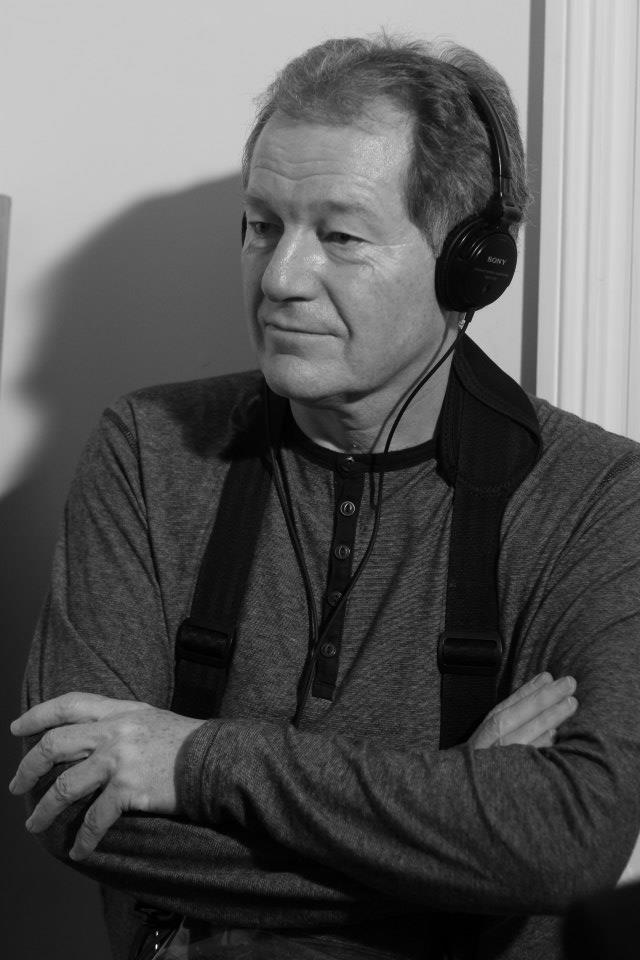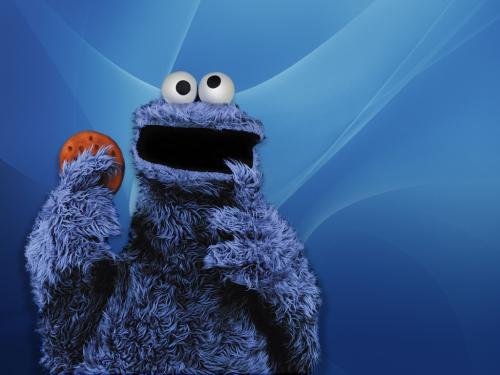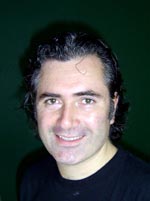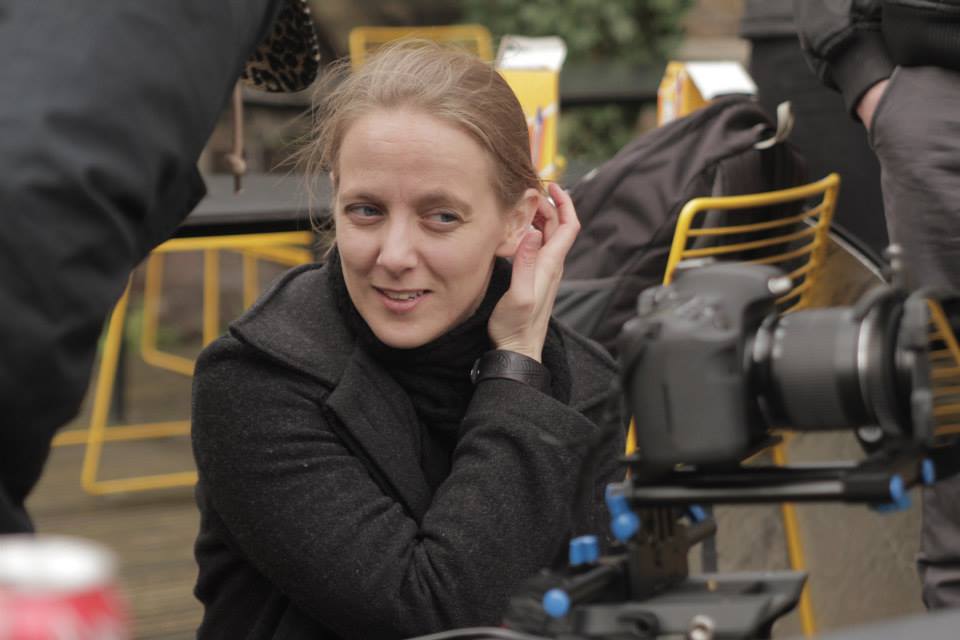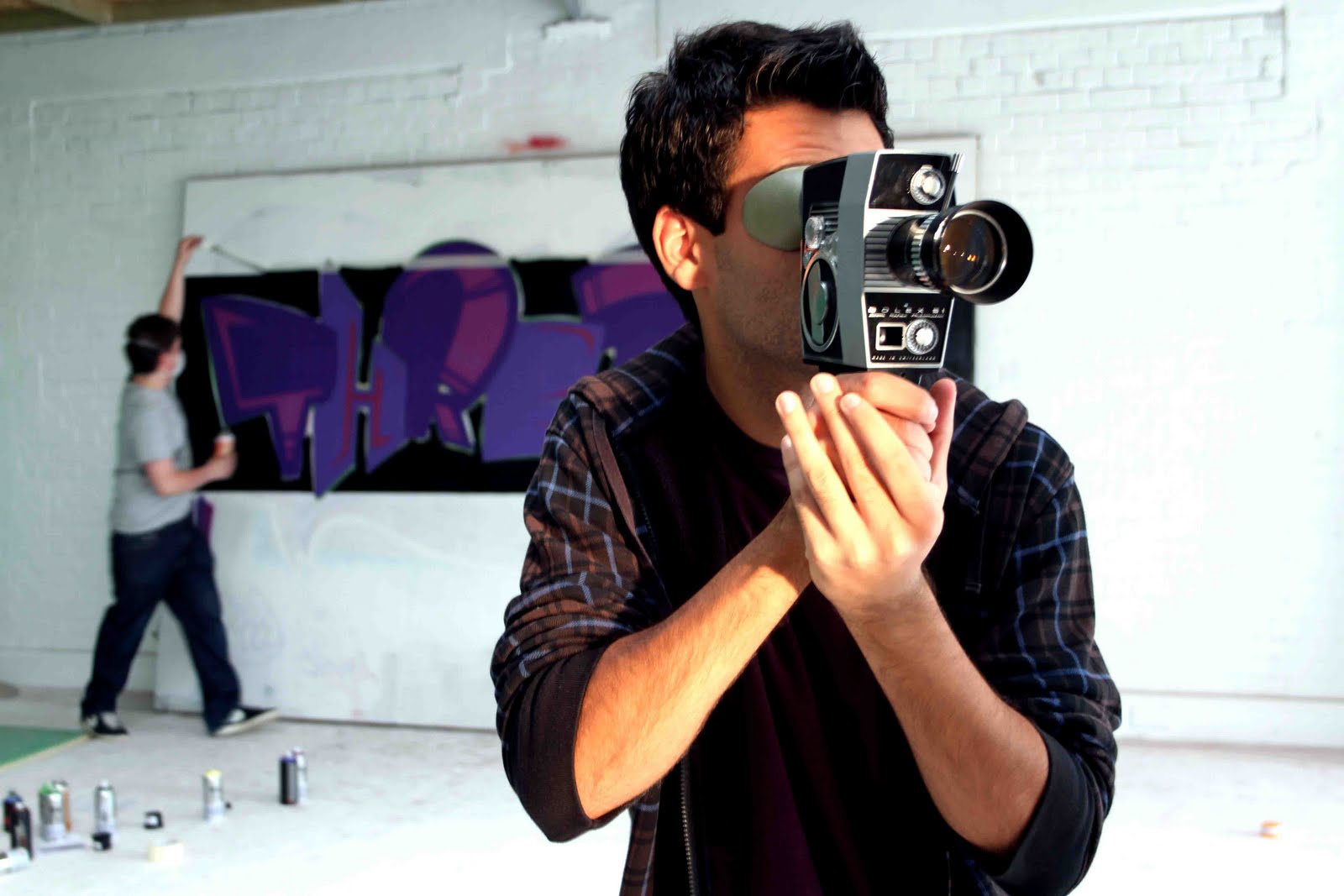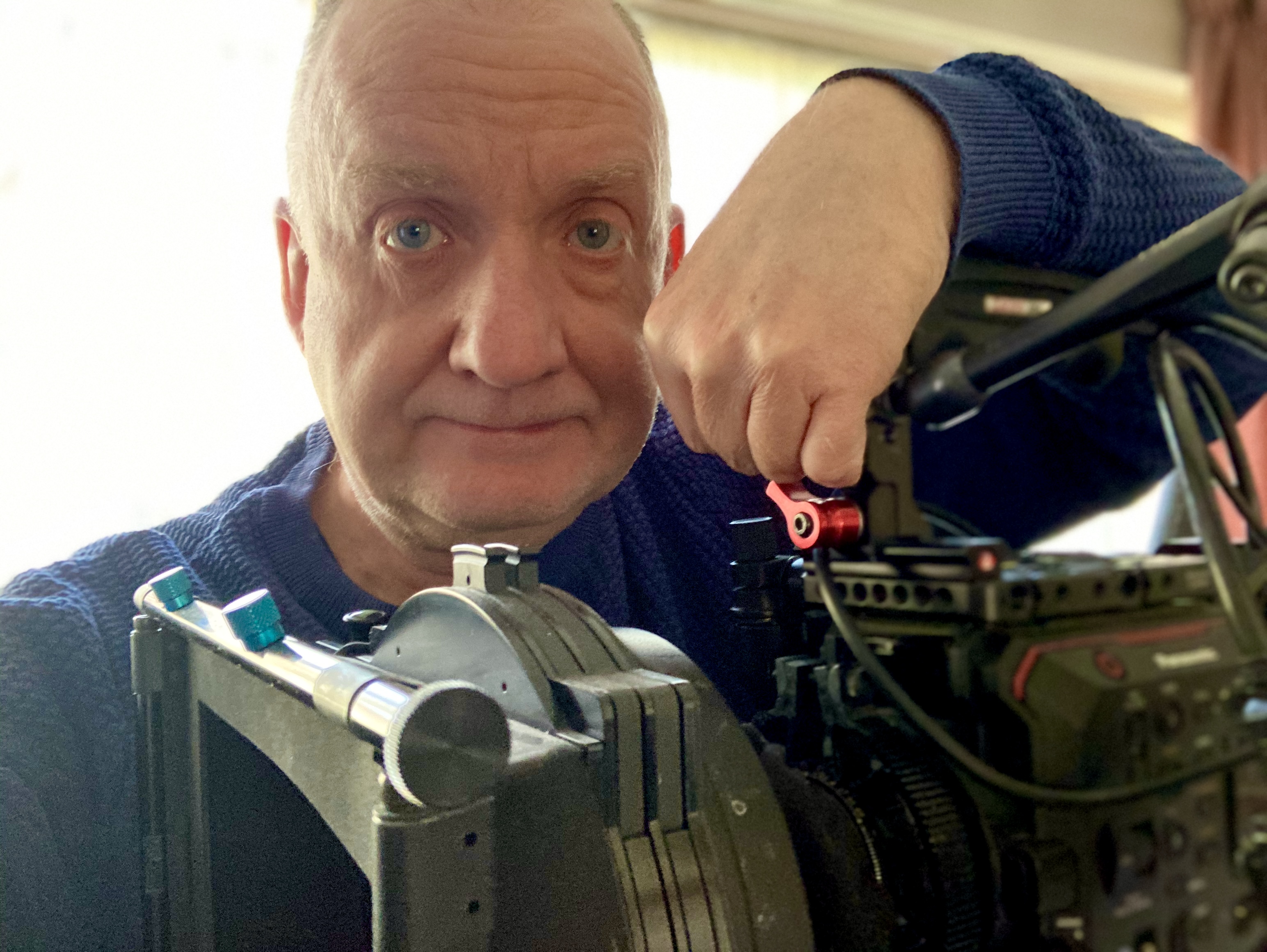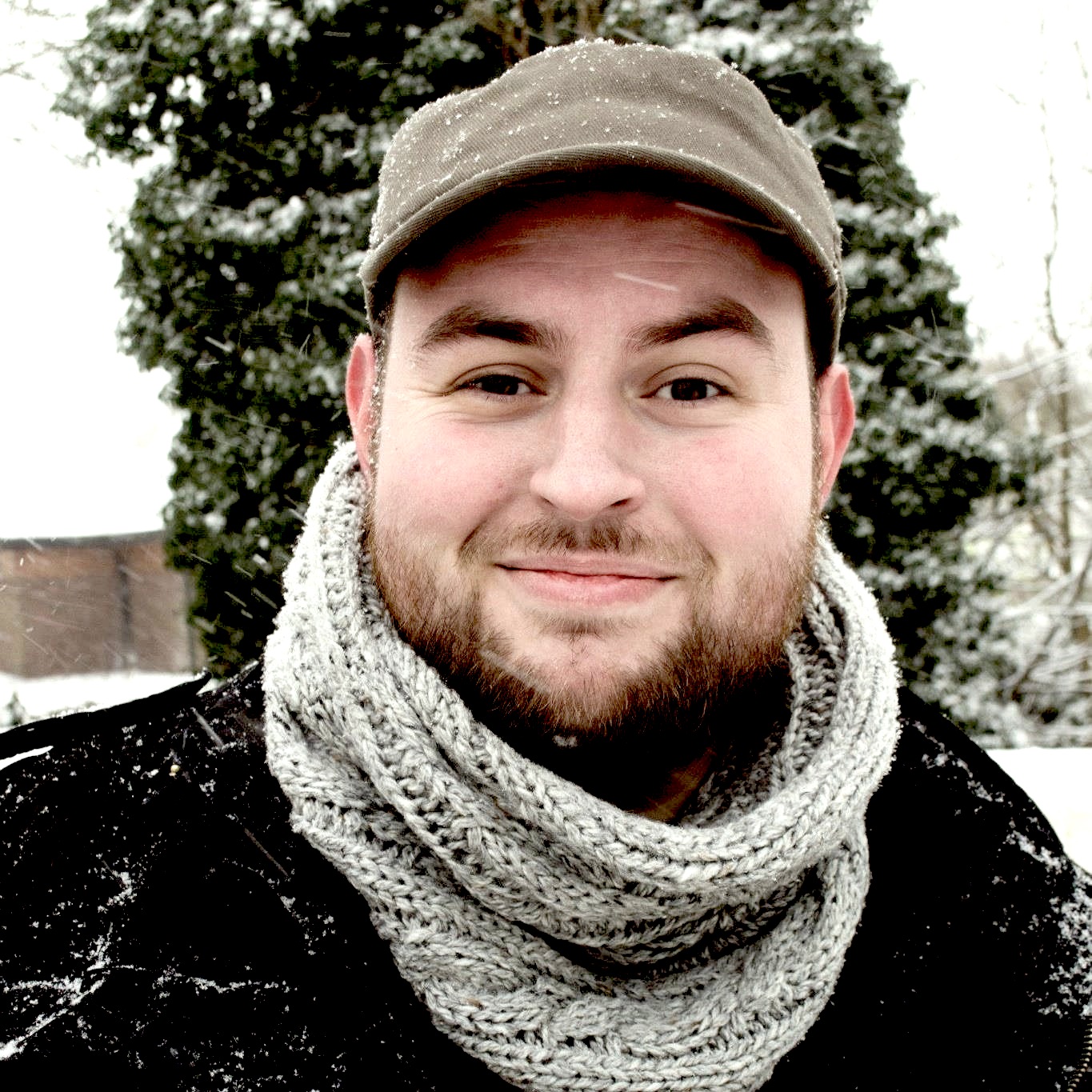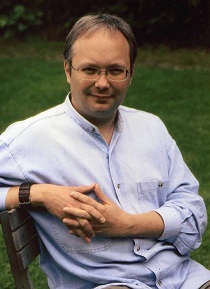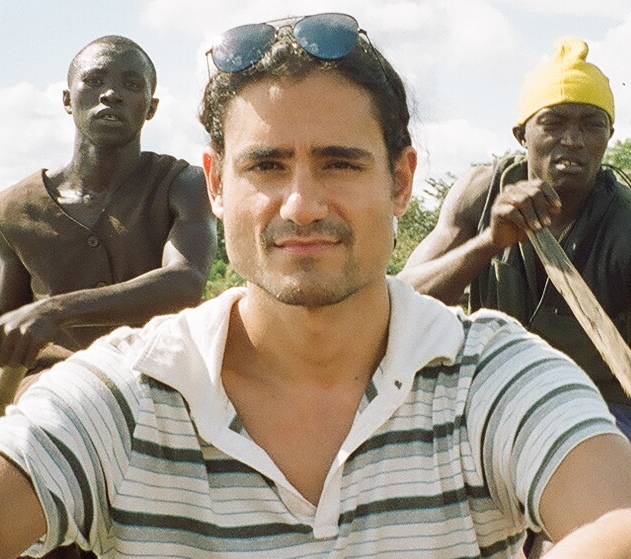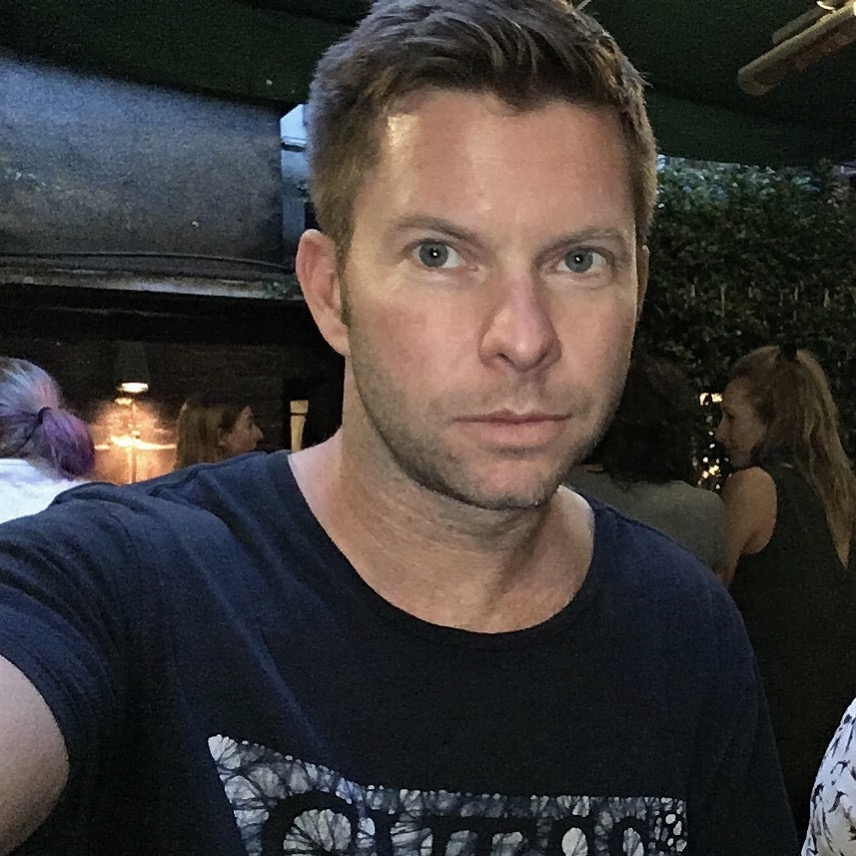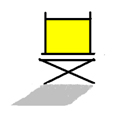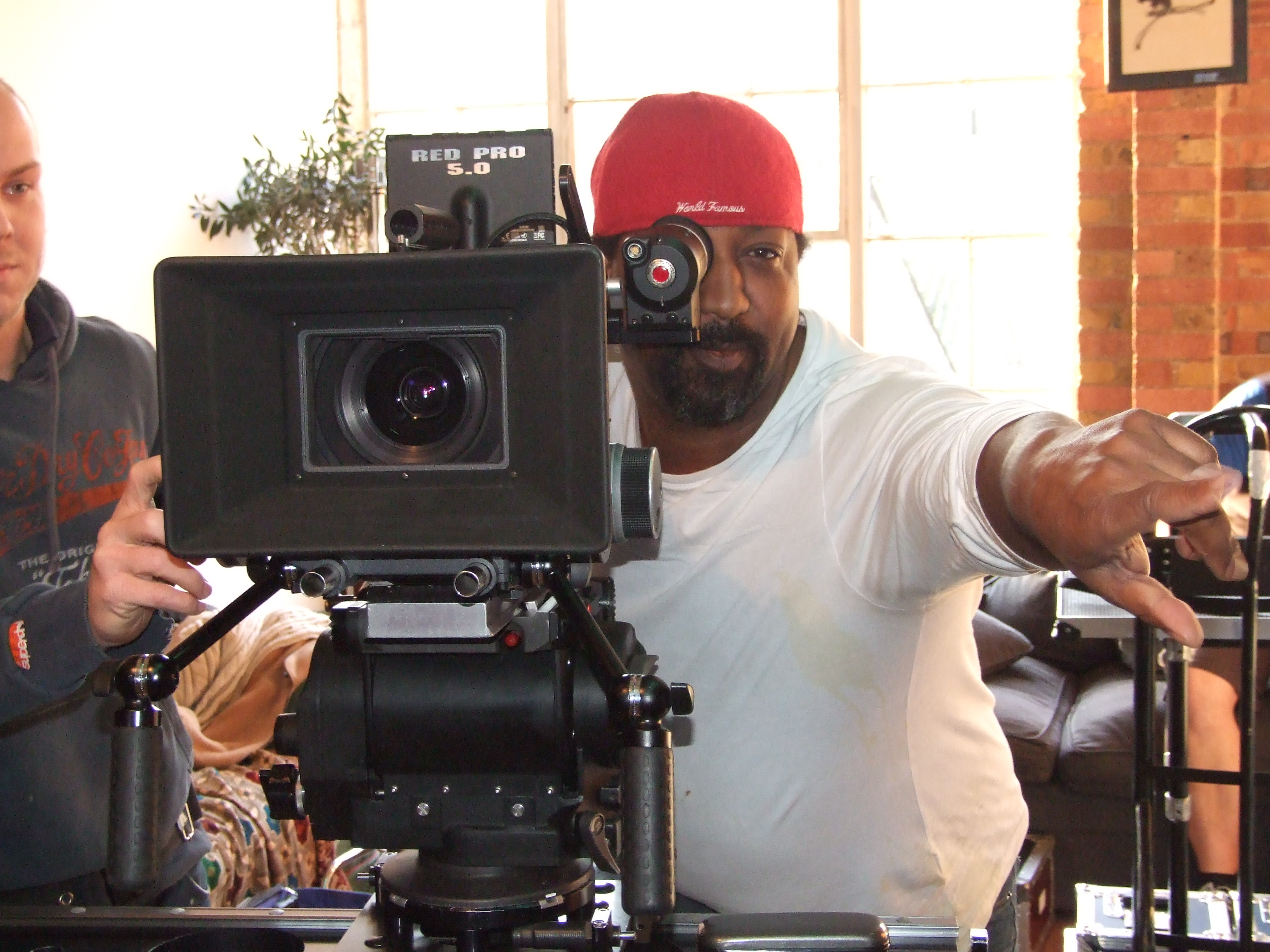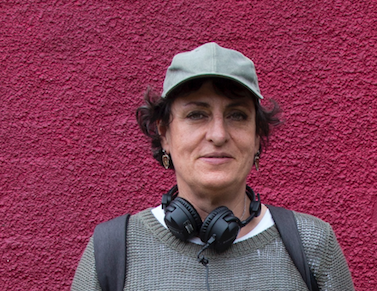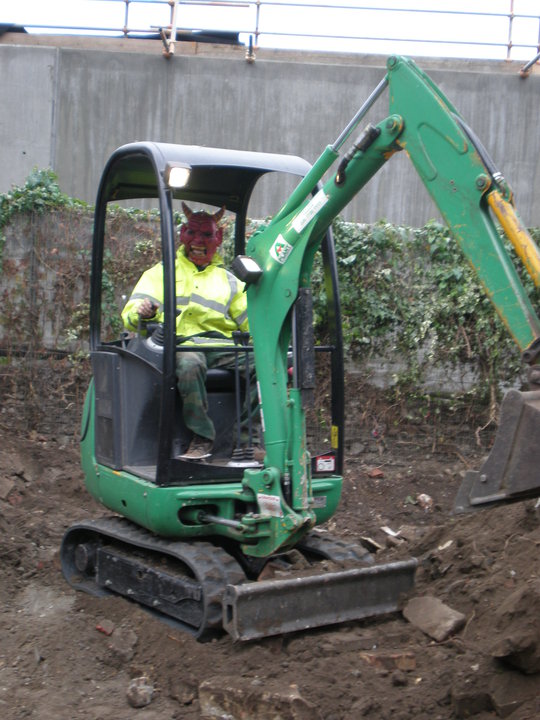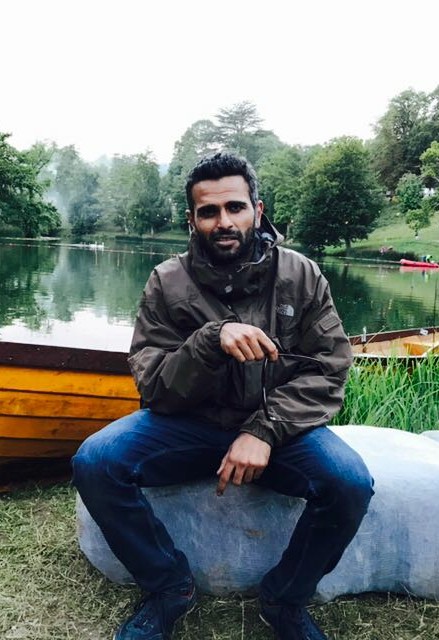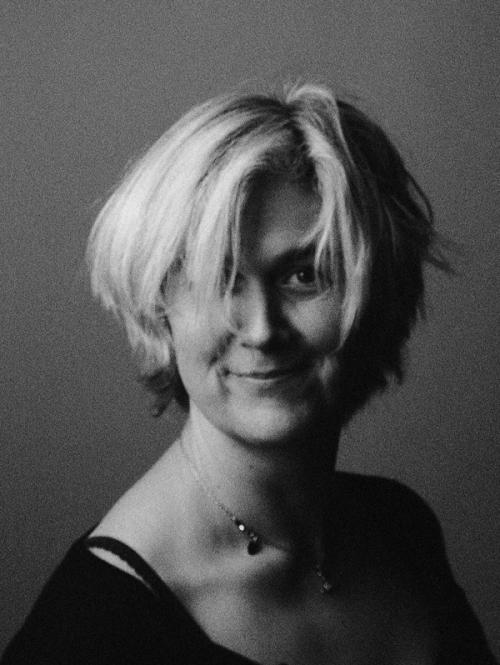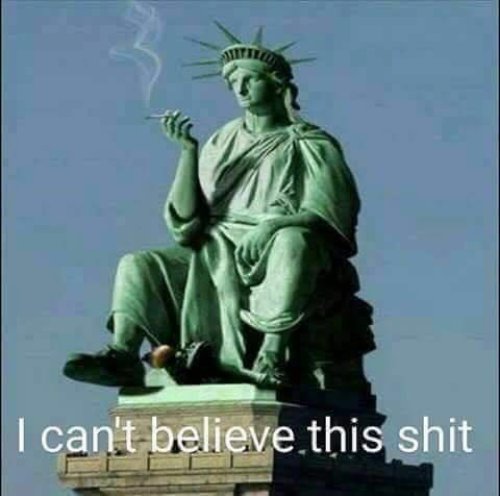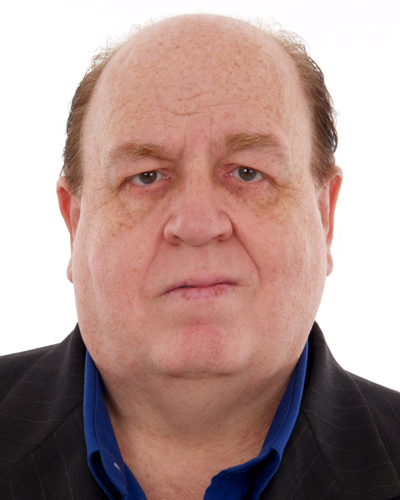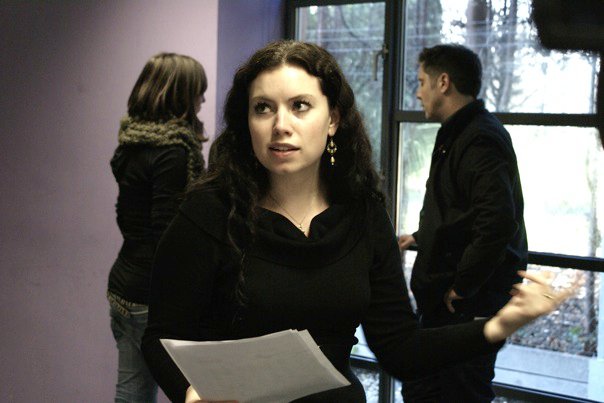ASK & DISCUSS
INDEXWho do you expect to say 'Action!' on set?
12 years, 3 months ago - Karel Bata
I'm shooting something right now (take a look: http://tinyurl.com/TheSeduction ) where my AD tells me that on all the shoots he's been on it's the AD that calls action.
This rather surprises me. I've seen this a few times, usually in situations where crowds are being marshaled or some such, but I didn't think it was the norm. Or is it?
It's my set of course, and up to me, and I think it undermines the dynamic between the actors and me if someone else does it.
Thoughts?
Only members can post or respond to topics. LOGIN
Not a member of SP? JOIN or FIND OUT MORE
12 years, 3 months ago - Andrew T. Wright
I'm working on a big budget co-pro project at the moment which has an alternating US/UK crew and director which change over every 4 weeks. The director is hidden away somewhere just off set in small black 'Tent' and looks at the action via 2 or 3 monitors which the cameras feed to. He has a direct link to the 1st AD via the talkie and earpiece and relays what he wants, to her/him through that. He tells the 1st when to go to action/cut etc but its always been the 1st giving those directions vocally on set to crew and cast. Sometimes the director comes running out to speak with the leads or illustrate what he wants exactly when the 1st doesn't quite get what he wants. Apart from that you don't really see him but you know he's calling the shots, all of them. From my experience on these types of projects this is the standard practice. However, it depends on what your set up is, how big a crew you have, how big your budget is and what your project is. On the flip side I've seen some great lo/no budget films made by a 3-man crew (Director/DP/Sound) who all multi-tasked and worked to serve the project and along with some good actors the results were astounding. I've also witnessed a 5-min short being made with a full crew and about a billion pounds worth of kit which turned out pretty dire because everyone was focused on their 'Title' and egos rather than making a film. It would have been a psychologists dream to watch and analyse the pettiness and power struggles unravel.
12 years, 3 months ago - Simeon Willis
As the director it's your choice ultimately but it is normal practice for the 1st AD to call action and then for the director to call Cut. Only the director should call cut as only they will know what they want and the best stuff often happens after the scripted scene ends.
12 years, 3 months ago - Dan Selakovich
I was salvaging a film in New Zealand, and on that first shot of the first day I hear the 1st AD yell action. I nearly fell over (being from America). I don't understand the reasoning behind this. I can't count the amount of times I delayed saying "action" because an actor was doing something interesting that I could use in the editing room. Or an intimate scene where I don't say "action" at all, but merely "whenever your ready." You will never find me in video village. I'm always next to the camera. If you're not there, the actors tend to look to the camera operator for any type of guidance. Needless to say, I adopted the American system while working there. To me, calling action is just as much a creative decision as a practical one. Think about it; in that last moment, perhaps you want to tell an actor "move your arm 4 inches toward the lens." You can't do that if someone else is yelling action over your direction. I absolutely hate the U.K. system.
While I'm at it, I've never understood the U.K. slating system either. It adds an extra step for the editor. Consecutive slates drive me nuts.
12 years, 3 months ago - Joe Conneely
I think the general preference is by agreement with the Director that the AD calls "Action" after having done all the steps outlined (I have lost count of the smaller shoots where they try and circumvent this set order of actions with usually disastrous results). The reason I think this often works best is the AD knows better given his role the state of readiness in the different crew roles. Plus it permits he Director to be visually scanning the set while this is going on and pre the "Action" call to ensure they are fully happy with everything. Where the Director is calling it, there is usually an agreed signal by the AD that everything is ready for him, the AD being responsible up to that point.
If the Director really want to do everything, including the calls pre-"Action", I would question they are delegating sufficiently to focus on their key role on the set.
I am a strong believer that only the Director should call "Cut" since very often they see things by the actors which others do not and so can often let the cameras and sound roll to capture it.
12 years, 3 months ago - Lesley Pinder
I am an independent filmmaker (writer/director) myself but I worked for over ten years as a Script Supervisor (Continuity) on films and television programmes and on pretty much every single shoot I worked on, the 1st AD called Action and the Director called Cut. It's the industry standard here in the UK.
12 years, 3 months ago - Donald Russell
The director is in command and calls action. If he or she so wishes they can delegate the 1st AD or sometimes even the camera operator to call action if it is expedient to do so.
12 years, 3 months ago - Thomas Hamilton
I just shot a trailer/promo film for my feature length project (Flip-Side). Whilst I'm the director I also act in the film. Whenever I'm onscreen the AD called the shots - when I was purely in directing mode I usually called Action myself - although the AD would still call for Quiet etc. Like the poster above I am always right next to the camera when scenes are being filmed and like another poster I don't really get hung up on who does what on the set - as long as it's done well.
12 years, 3 months ago - Daniel Cormack
I always let the 1AD shout "Action!"
First of all, I don't like shouting. Also, I'd rather concentrate on the set-up than prance about shouting things. If something isn't right I'll stop things before the camera rolls.
I always do the "cut" though as sometimes interesting things can happen in the last few seconds / frames of a take.
Maybe I am unorthodox - who knows? Who cares?
I once made a film without an AD and the cameraman called "Action". That was not a happy experience, especially as he called "Action" when I was out of the room and not even by a monitor.
1st ADs are your friends...
12 years, 3 months ago - Patricia Hetherington
The 1st AD is in charge of the crew. The AD, before calling action, is the one who makes sure the Camera, Lighting, and Sound Departments are all good to go. As far as I'm aware, in New Zealand and in the UK, it is industry standard for the 1st AD to call Action, and the Director to call Cut.
12 years, 3 months ago - Alex Kruszelnicki
Usually its the 1st AD who calls 'action' on commercial or 'bigger budget' films but there's no hard and fast rule. It's usually down to practicality - think does the director really want to co-ordinate between the focus puller to ensure the camera is running, sounds at speed and there is a slate on and whatever other background elements are ready before the take or does he want to concentrate on the performance and shot? If its quite an intimate scene with deft action or requires special direction then the director can decide to call action or he could defer it to let the actors take their own cue or the cameraman or special effects... The point in this case would be whatever is simplest to get the desired result. But each set is different, each director has his or her own way of doing things and the crew size/budget/action all effect the dynamics of the shoot. I don't think its something to get too hung up on though because it is far from the most important aspect of filmmaking, especially from a directorial point of view! Dan, whilst there opportunities to capture one-off nuances before action is called, I think it depends on what kind of film you are making. You could argue that the director watching from the monitor has already communicated to the actors and cameraman clearly what he wants before hand and scrutinizes the take to give informed feedback, allowing the actors to take it on board rather than bring them out of their performance with live directions as the camera is rolling. It's horses for courses, I've not first hand experience of the US film system but the UK system does work for many people and gets fantastic results even if it doesn't work for you. And a lot of directors position themselves as close to the action as possible even if they are watching from a monitor so they can communicate last minute directions if they feel the need. I feel it is more down to personal preference and what works for you.
12 years, 3 months ago - Mark Wiggins
In my experience the AD calls action.and the director calls cut.
The AD is in charge of the set, not the director. He works for the Producer and can over ride the director if things are going pear shaped.
12 years, 3 months ago - Jim Page
Its nothing to do with having an "unbroken rapport with the actors". Its about managing a large group of people in the most efficient way possible. He's saying action for everyone, not just the people wearing costumes.
12 years, 2 months ago - Nicholas Hughes
I'm coming late to this discussion but as an AD, I prefer the director to call all the artistic cues such as action and cut and I do all the technical ones such as quiet, roll sound, roll camera and sometimes confirm the cut to the cast and crew in my "AD voice" (ie, it goes up to 11) if the director is softly spoken. However, I always talk to the director on the first day of shooting about how they like to do things because some don't like speaking loudly and are often so caught up in their thoughts they forget to call action when the camera's at speed.
I don't think there's an industry standard but it pays for both the director and 1st AD to discuss how they'd like to do things that serves the production the best and then inform the cast and crew of the arrangement. I believe the director has the final say on who calls action but so long as everyone knows who's going to be doing it, then either way is fine.
12 years, 3 months ago - Jonathan Birch
As a director I believe it's important that the last thing an actor hears before a take is the director's voice. Calling 'Action' reinforces your presence, and allows you to control the tone and timing of the beginning of the take.
12 years, 3 months ago - Paul W Franklin
Ultimately it's up to you.
The AD is there to ASSIST you, and they are great for making people be quiet, doing the little things you forget, etc. But for me, as Director, I always like to say 'Action', as I like to be in control and talk to the actors. If that's what you prefer to do, then just mention it to the AD beforehand so there's no confusion.
After all, you're the boss.
12 years, 2 months ago - Nicholas Hughes
...one other thing; most actors I've worked with like the director to call action. However, they DEFINITELY want it to be said clearly and loudly enough!
12 years, 3 months ago - NICHOLAS PROSSER
I was a Television Floor Manager & First Assistant Director for 10 years before becoming a drama director in 1983 (400 + broadcast drama credits). It si always worth discussing and checking with your D at the start of a shot but I think you will find that it is very much part of the First Assistant Director routine to call ACTION. This allows the director to focus on every detail of the take. However, it is only the director who calls CUT (& CHECK) because it is only the director who knows when he / she has enough of what he / she wants. I hope this helps.
12 years, 3 months ago - Owen A Smith
Most of the films and TV programmes I have worked on the 1st AD calls action I have worked on some million pound plus features with some big named actors and well known directors and normally the calls are as follows. 1st AD calls Quiet please on set we are going for a take. Roll sound sound mixer "sound speed". 1st AD roll camera, camera op or focus puller camera spread 1st AD Mark it, 2nd AC marks clapperboard calling scene one take one (example) then the camera sets camera hand calls camera set at which point the 1st AD will call Action.
However like the camera operator and the focus puller its normally worked out between them who will hit the record button and call camera speed or camera set. The role of the 1StAD is to make sure the set is run efficiently on schedule. The 1st AD normally calls Action and is part of his routine.
That said as the director it is clearly your right to call Action if you really feel the need to for your own pease of mind. Remember you are the Director and as such if you want to take the first AD to one side and say you appreciate on most sets that he calls Action however on your set you want to call Action then that is also fine. Remember the 1st AD is your assistant not the other way around tHey work for you.
But by he same token why make life harder for yourself if the first is willing to make the calls and you don't have to then this allows you to do your real job which is to wrk with the cast and get the best performance out of them and to create what you are looking for to tell the story and make the script as real as possible. If you feel that calling action allows you to better connect and work with the actors you are directing then you must do so. Again remember you are I charge not the first AD. They are there to make your life easier talking away the direction of the crew and dealing with schedules on set.
But at the end of the day you are entitled to run your set any way you choose within reason. But a good 1st AD is worth their weight in gold. It important to keep a good relationship with them. I have been fortunate to have worked in several roles on set my passion is working as a camera op and DoP but I a, also a fully accredited member of the Directors Guild as a TV and film Director. And I have also been an 1st AD and 2nd AD as well as a producer down to a unit driver all are as important as each other for with out them the film would grind to a holt. Respect your cast and crew because with out them. You would be directing nothing. If the issue you have is upsetting you then you and only you have the power to change it. If yo appear weak on set then the crew will not respect you and if the crew don't respect you then you are on a loosing battle. Be strong and call the shots. But remember I have worked with all different levels of director and some of the bigger names don't bother to call action and some do. Your 1st AD is not wrong to call action. And is within his remit in many expects but its simply down to your reference. Call action if you want to. Hope tis helps.
Kind regards
Owen A Smith GTC,DGGB
Director of Photography & Director
Red Skin Media Ltd
www.redskinmedia.com
12 years, 3 months ago - A D Cooper
It's a discussion you can have with the 1st AD but from experience, it's easier to let the 1st call Action. You've got enough to think about and it doesn't undermine the control dynamics of the set at all. I've found it reassures the actors that you are concentrating on them and their performance, rather fretting about camera speeds etc. Hope it goes well.
12 years, 3 months ago - Karel Bata
Well my question has generated an avalanche of interesting responses!
I suppose my way of working, of being the person who calls 'action', is a style I've evolved for myself. I like to think (and maybe sometimes it's just wishful thinking) that I have some kind of rapport going with the actors and want that line of communication to be unbroken. It's what I'm most comfortable with, though I'll happily delegate if what's happening is some kind of 'business' that's best left to the AD or DP to co-ordinate.
What's emerged here is a US/UK divide I was unaware of. Are there other divides? What do directors with a theatrical background prefer? Like Mike Leigh, or Sam Mendes?
And how do actors feel?
- - - - - - - - - - - - - - - - - - - - -
http://bit.ly/The-Seduction-3D
12 years, 3 months ago - Shoaib Vali
I can understand the producers not having a budget for my 50 strong entourage, but not giving me a pimped out trailer with a hot tub and a 4K projector screen is just unacceptable!
12 years, 3 months ago - Eva Midgley
It's usually the 1st AD to call action and the director to call cut. Sometimes the situation calls for a different approach but in essence the 1st runs the set. In order for you to be able to focus on the bigger picture. And the tiny details. And everything in between.
12 years, 3 months ago - Michael Patrick Kelly
The 1st AD calls action, the Director calls cut. It's the industry standard everywhere.
Of course working on no, or ultra-low budgeted films. etc., you may not have a 1st AD, so feel free to shout action until your heart's content.
12 years, 3 months ago - Frank Scantori
It's usually decided between the director and their 1st AD. There's no really hard and fast rule. The AD initially prepares everybody for the shot while the Director does his/her job working with the actors where the AD lets you know when everything is ready to go. When you're in position to watch the shot you can signal teh AD to go and he calls ACTION.
The other way is for the Director to call ACTION when the AD has got everything set and ready. But tey can't just call ACTION, you have to be ready to watch your shots.
The big thing you should keep though is that YOU call CUT. There maybe something at the end of the scene which happens that you like or an actor gives something unexpected which works or something else happens and you want to keep the camera rolling. So TELL your AD, YOU are calling cut and no-one else. The AD is NOT teh Direector. YOU ARE!
12 years, 3 months ago - Dan Selakovich
Oops. "Whenever you're ready." Sorry. not enough coffee yet this morning.
12 years, 3 months ago - John David Clay
I think my take on your point is that 1st AD calls for 'quite on set' but normally on the sets I've worked the director has actually call for action. the AD can do that responsibility it depends on the complexity of the shoot as you say on crowd scenes that marshall and I think can call action in those circumstances.
Those are my undestand and experience of those on set responsibilities.
Best of luck with the project.
John
12 years, 3 months ago - Hermione Flavia Stroud
Most of the sets I've worked on, the first AD calls action and cut. That's how we were taught at film school too. It doesn't undermine your relationship with the actors. Quite the opposite. It means that your shoot is run efficiently so you can just focus on them.


